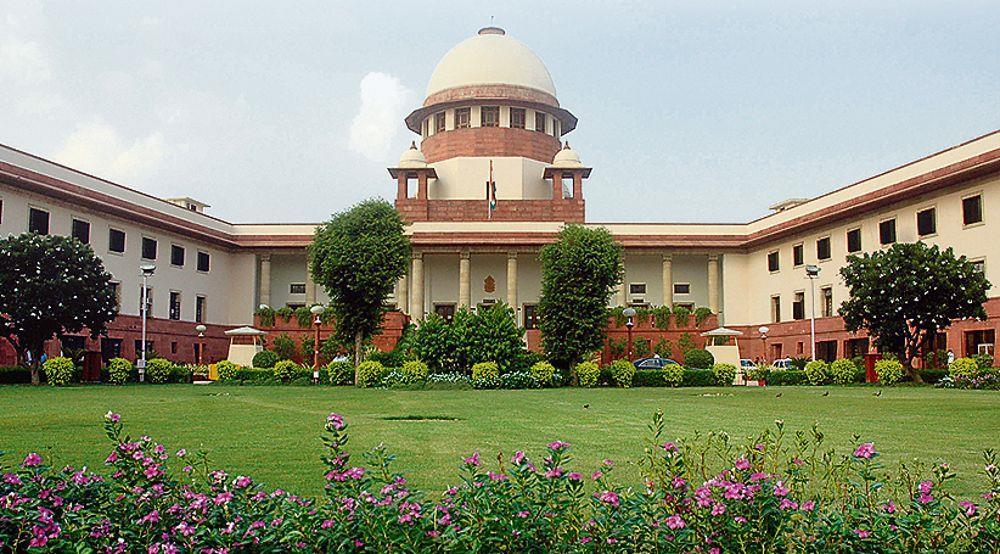
Supreme Court grants a married woman the right to abort a unintended pregnancy at 26 weeks, citing mental and financial constraints
Last Updated on October 9, 2023 by News Desk
What is the Issue?
In a groundbreaking ruling, the Supreme Court of India gave permission for an unwanted pregnancy to be terminated at 26 weeks of gestation, taking into account a married woman’s mental and financial concerns. This case sparked a debate in India about the legal framework for abortion and the balance between a woman’s reproductive rights and foetal life preservation.
Facts of the Case
A married lady found her pregnancy at 24 weeks. Due of her deteriorating mental state and the couple’s financial difficulties, she petitioned the Supreme Court for abortion approval. Abortion after 20 weeks is forbidden by the Medical Termination of Pregnancy (MTP) Act of 1971, unless the mother’s life is endangered.
Arguments Presented
The petitioner’s attorney contended that the current MTP Act is antiquated and does not appropriately handle scenarios involving the mother’s emotional and financial well-being. They claimed that forcing the woman to prolong the pregnancy would cause her considerable mental pain as well as financial difficulty.
The other side contended that the MTP Act’s 20-week restriction is in place to safeguard the rights of the unborn child and that legalizing abortions at 26 weeks may create a dangerous rule of law, potentially opening the door to late-term abortions.
Reasoning by Court
The Supreme Court emphasized the delicate nature of the issue in its decision, emphasizing the need of balancing a woman’s reproductive rights with the protection of fetal life. The court highlighted that the MTP Act must be updated to reflect contemporary medical and societal realities. It was held that the woman’s emotional and financial well-being should be considered, since forcing her to continue with the pregnancy might have serious and long-term effects.
Judgment by Court
While upholding the MTP Act’s 20-week deadline, the Supreme Court allowed an exemption in this case. It permitted the married lady to have an abortion at 26 weeks, noting the unique circumstances of her failing mental state and desperate financial condition. The court’s ruling was founded on the idea of protecting the woman’s general well-being while acknowledging that each case should be considered separately.
Written by – Nikita Shankar




